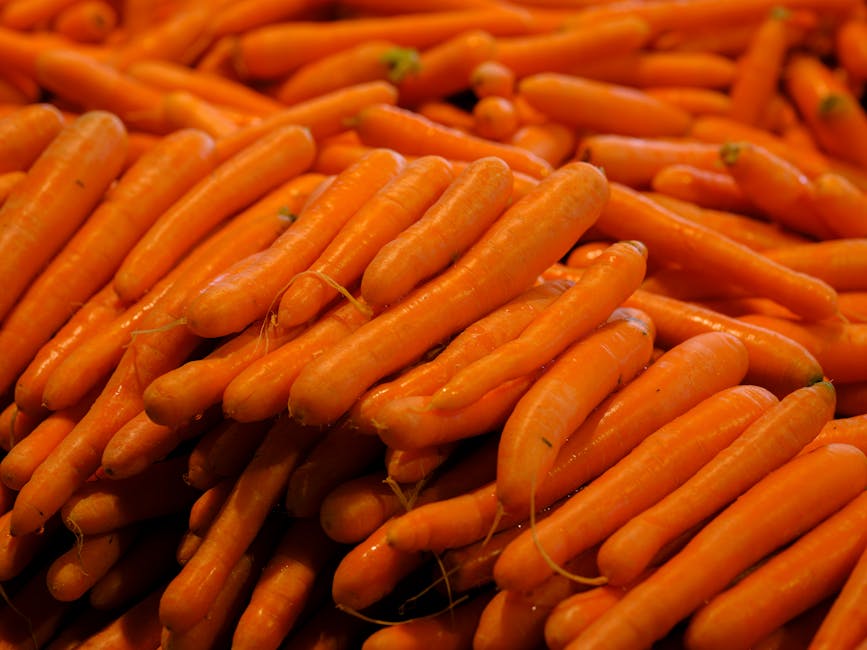In today's health-conscious world, the demand for organic products is on the rise. People are increasingly turning towards organic alternatives, seeking food that is not only nutritious but also free from harmful chemicals and additives. When it comes to staples like pulses, grains, flours, and dals, the choice between organic and conventional products can have a significant impact on health and well-being.
What Are Organic Pulses, Grains, Flours, and Dals?
Organic pulses, grains, flours, and dals are cultivated using organic farming practices. This means that farmers refrain from using synthetic pesticides, herbicides, and fertilizers. Instead, they rely on natural methods like crop rotation, composting, and biological pest control to maintain soil fertility and control pests and diseases.
The Organic Difference: Chemical-Free and Additive-Free
One of the key differences between organic and conventionally grown groceries lies in their production methods. Unlike conventionally grown counterparts, organic products lack chemical fumigation and additives. Let's delve deeper into these distinctions:
1. Chemical-Free Farming:
Organic farming prohibits the use of synthetic chemicals, including pesticides, herbicides, and fungicides. This means that organic pulses, grains, flours, and dals are cultivated without exposing them to harmful chemicals that can linger as residues and potentially impact human health.
2. Additive-Free Flours:
Certified organic flours stand out for their purity. Unlike conventional flours that may contain additives and preservatives to enhance shelf life, organic flours are free from such artificial additives. This ensures that consumers enjoy a wholesome product without the worry of ingesting unnecessary chemicals.
3. Post-Harvest Processing:
The processing of organic products also follows strict guidelines to maintain their organic integrity. From cleaning to milling, organic pulses, grains, flours, and dals undergo processing methods that uphold organic standards, ensuring that no contaminants or additives are introduced during manufacturing.
Why Choose Organic?
1. Health Benefits:
Organic products are renowned for their nutritional value and purity. By opting for organic pulses, grains, flours, and dals, consumers can minimize their exposure to harmful chemicals and additives, promoting better health and well-being.
2. Environmental Sustainability:
Organic farming practices prioritize sustainability and environmental stewardship. By avoiding synthetic inputs and focusing on natural methods, organic farmers help preserve soil health, protect biodiversity, and reduce pollution, contributing to a healthier planet for future generations.
3. Quality Assurance:
Organic certification involves rigorous inspection and adherence to strict standards. This ensures that organic products are free from adulteration and maintain their organic integrity from farm to table. Consumers can trust that certified organic pulses, grains, flours, and dals meet stringent quality criteria.
Conclusion:
In conclusion, the choice between organic and conventional groceries extends beyond mere preference—it impacts health, sustainability, and the environment. Organic pulses, grains, flours, and dals offer a wholesome alternative, free from chemical residues and additives. With their superior nutritional value, environmental sustainability, and quality assurance, organic products stand out as a better choice for conscious consumers seeking healthier and more ethical food options. Choose organic for a healthier you and a healthier planet.


